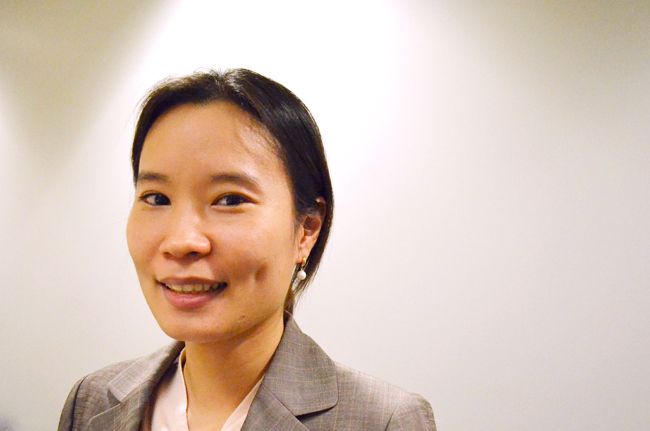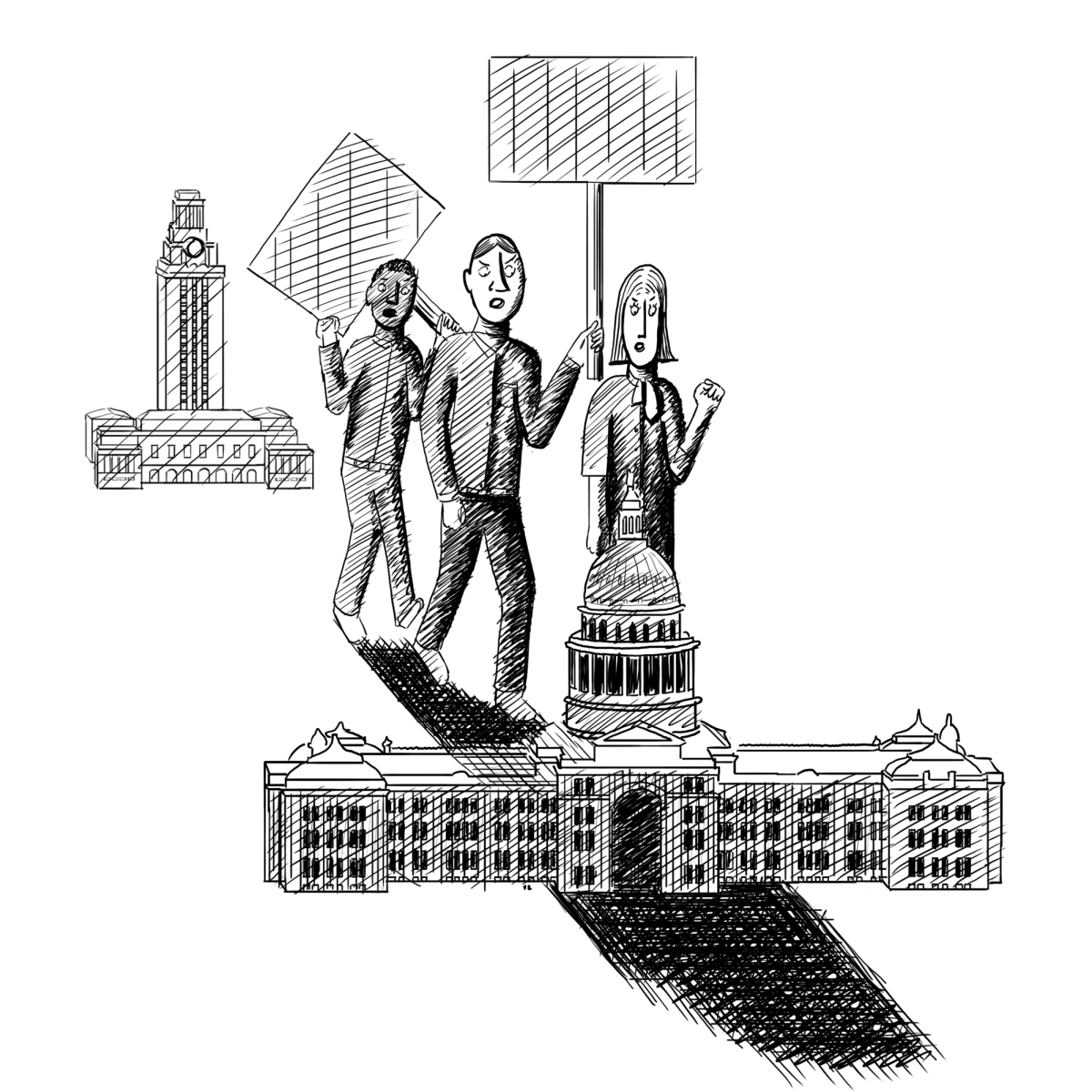Recent research indicates that multitasking on laptops and other devices improves productivity if managed appropriately.
Ji Hyun Park, assistant instructor and information studies graduate student, presented her research, “A Synthesis Framework for Understanding Human Multitasking Behaviors,” during a talk Tuesday evening.
Increased popularity and developments in communication through technology has pushed individuals to constantly multitask on their wireless devices, which can lead to problems, Park said.
“The e-learning environment where students are constantly working on assignments while watching an online lecture, taking notes and referencing information online is not a unique phenomenon these days,” she said. “This is influenced by the immediate interaction that exists between individuals and information in today’s rich media environment.”
The ability to have immediate access provides an incentive and opportunity to individuals that can be both beneficial and troublesome, but, the importance is behind the management of multiple tasks, she said.
“The way individuals manage those different tasks is unstructured and unpredictable,” Park said. “But it requires competing internal factors like attention and memory.”
When a task requires multiple cognitive processes, one task will be faded out, Park said. The new research has found that users “killed less time” while multitasking and accomplish what they are working on even if it’s in a slower manner or in smaller increments of productivity, she said.
While some professors don’t allow the use of laptops and other technological devices in class, these devices can provide students with immediate access to more information, but the need for a more supportive platform to focus on is obvious, Park said.
“The use of these devices can help for further exploration of the information that is being covered in class while it is being presented,” Park said. “It can be very effective in learning if used properly.”
Psychology senior Alexis George said she frequently multitasks in class and uses her tablet or smartphone to check email, go on Twitter or visit a specific website while writing her notes.
“I feel like I’m good at keeping up with what is said in class, but my constant multitasking is based on the ability of having the access to do it,” she said. “If I didn’t have a phone I would be 100 percent engaged in class, but it’s really a temptation.”
However, George said she doesn’t like to bring a computer to class so she can pay more attention to the lecture and avoid going to another website that is not related to lecture.
Randolph Bias, associate professor of information studies, said this research will help inform the designers of popular information gathering platforms that students use.
“Designers can use this research to create more friendly interfaces that will make it easier for students to gather information and stay focused on what they are looking for at the same time,” he said.
Bias said he allows students to use their laptops in class as long as they don’t abuse the opportunity.
Printed on Wednesday, February 15, 2012 as: Multitasking shown to improve productivity




















